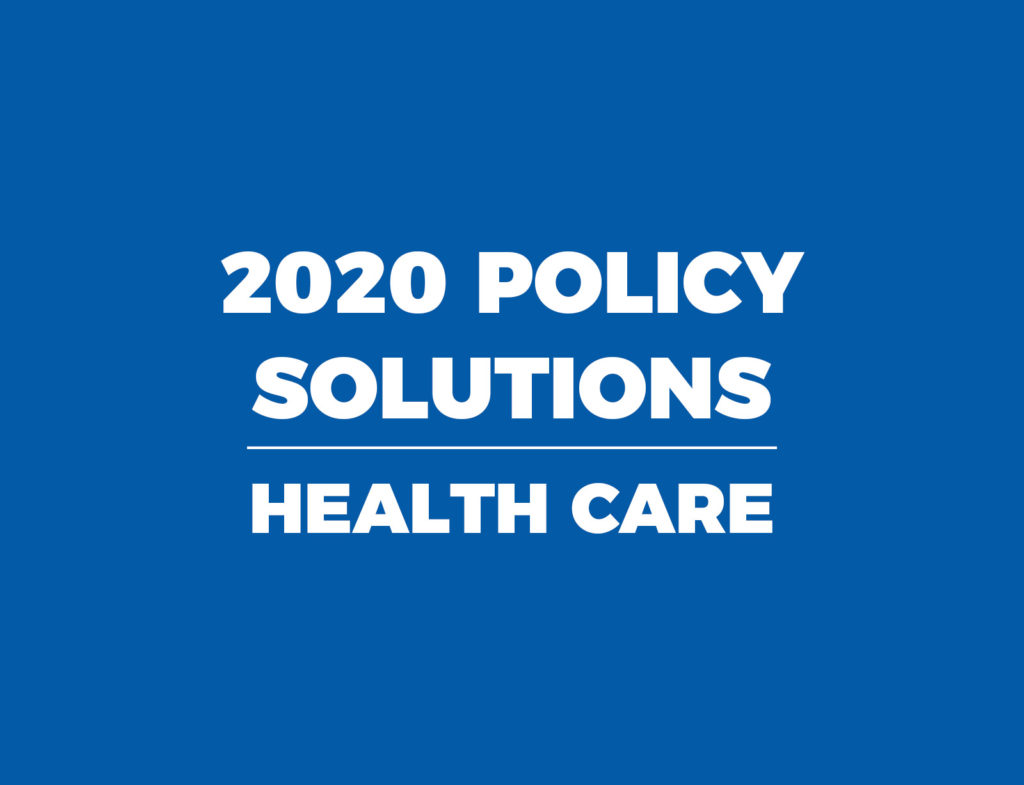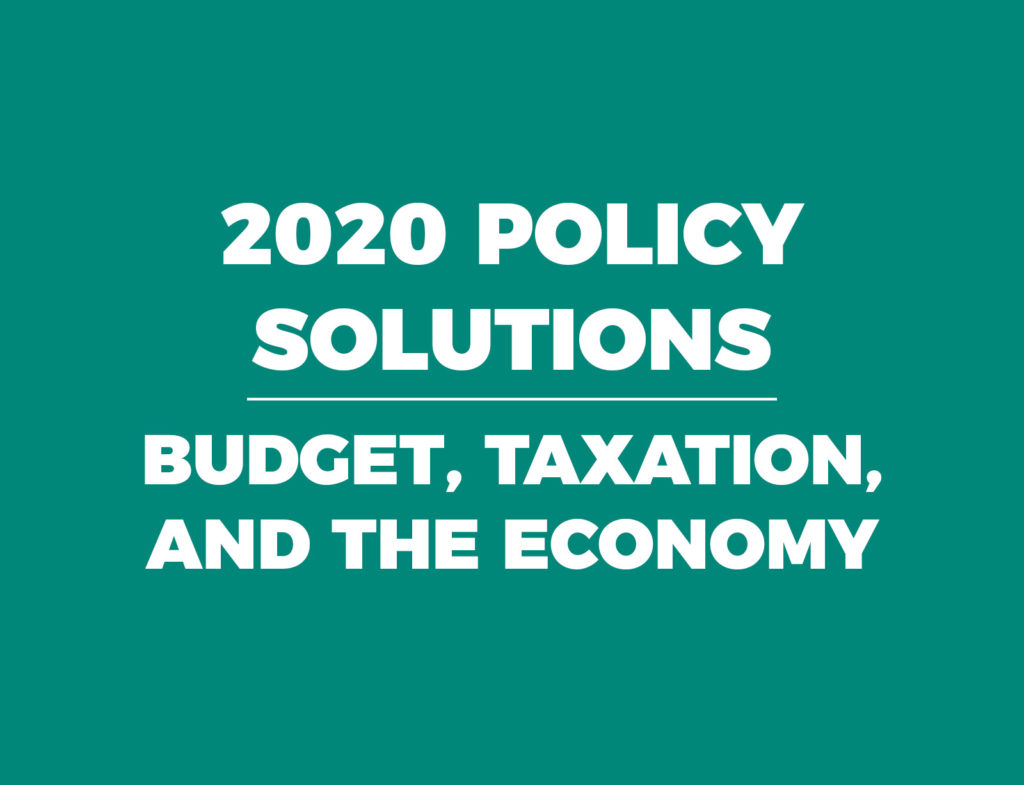Introduction
Updated as of January 2020.
Taxpayer-funded prekindergarten education in the United States is a multibillion-dollar hodgepodge of state and federal programs.
The North Carolina Division of Child Development and Early Education, a division within the Department of Health and Human Services (DHHS), oversees two large state programs — NC Pre-K and the Subsidized Child Care Program. NC Pre-K is a preschool program for at-risk 4-year-olds. (The Subsidized Child Care Program is discussed separately.)
In addition, Smart Start is a public/private program that was established in 1993 to serve children from birth to five years old. The N.C. Partnership for Children and 75 local partnerships oversee the program. Smart Start provides child-care subsidies, teacher training, health screenings, and support for families regardless of income.
North Carolina also has three federally funded prekindergarten programs — Preschool for Exceptional Children, Title I Preschool, and Head Start. Preschool for Exceptional Children is supported by state and federal funds and provides prekindergarten services for special-needs children. Title I Preschool allows school districts to set aside a portion of their federal Title I funding to provide prekindergarten programs for at-risk 4-year-olds.
Finally, the federal Head Start program is the largest and one of the oldest federal prekindergarten initiatives in North Carolina. Head Start provides education, health, and nutrition services to low-income children between the ages of 3 and 5. In a landmark 2012 study of Head Start outcomes, researchers concluded that, by third grade, there was no significant difference between children who had been assigned randomly to a Head Start program and those who had not. This finding was consistent with previous studies that concluded the initial advantages of preschool attendance for the typical child begin to narrow or “fade out” by middle school.
A handful of empirical studies have found that high-quality, state-run early childhood education programs may provide lasting benefits for children who live in poverty or have endured physical or emotional trauma. But researchers disagree about the duration and scope of those benefits.
A recent evaluation of the NC Pre-K program published by the Frank Porter Graham Child Development Institute of the University of North Carolina at Chapel Hill found consistent effects on language and literacy skills at the end of preschool, but researchers found no significant effects for written comprehension, math skills, executive function, and parent ratings of social skills and problem behaviors. On the other hand, a January 2019 working paper by Duke University researchers concluded that students who had received NC Pre-K services demonstrated academic benefits that lasted through middle school.
Key Facts
- To be eligible for NC Pre-K, families must have a household income at or below 75 percent of state median income. Military families and families with children who have limited English proficiency, special needs, disability, or extraordinary educational need may also qualify, regardless of income.
- During the 2017-18 school year, approximately one out of four NC Pre-K classrooms operated in a for-profit site. Of the remaining classrooms, just over half were in public schools. Around 15 percent were in Head Start programs, a small percentage of which were operated by public schools.
- In 2018, an estimated 6,345 children were on wait lists. During that year, the North Carolina General Assembly initiated a multiyear effort to provide funding to eliminate the wait list.
- During Fiscal Year 2018-19, NC Pre-K received over $163.8 million in state, lottery, and federal Temporary Assistance for Needy Families (TANF) funds for 29,791 slots in nearly 1,200 child care facilities statewide.
- North Carolina received $69.9 million from 2012 to 2016 as part of the Race to the Top – Early Learning Challenge, a federal initiative designed to improve access to high-quality prekindergarten programs.
Recommendations
- Existing early childhood programs should be consolidated or significantly reorganized. It is neither necessary nor beneficial to maintain multiple early childhood programs with different governance structures, funding distribution mechanisms, and accountability standards.
- NC Pre-K eligibility requirements should be narrowed to focus greater resources on education and services for low-income children. State-subsidized preschool programs are more likely to provide lasting benefits to children from distressed households than children from middle- or upper-income families. Narrowing the focus to aiding North Carolina’s most vulnerable children would ensure that NC Pre-K prioritizes the educational needs of those who would benefit the most.



